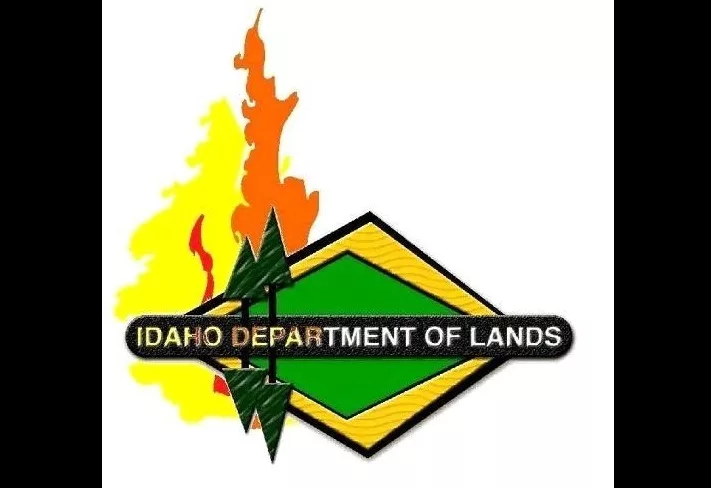
While summer is over, the wildfire season is not. Fire danger remains high due to extremely receptive fuels across Idaho’s forests, rangelands, and other natural areas. With the warmer, drier conditions we are experiencing this fall, Idaho Department of Lands (IDL) is urging everyone to remain vigilant in preventing wildfires.
“Even as temperatures begin to cool slightly, the lack of moisture and the abundance of dry fuels keep the wildfire risk dangerously high,” said Josh Harvey, IDL Fire Bureau Chief. “We need everyone to do their part in preventing wildfires as we move into the fall.”
Fewer Resources Available in Fall
As the fire season draws to a close, many of IDL’s seasonal firefighting personnel have completed their service for the year. With fewer firefighters on hand, it is crucial that the public helps to prevent wildfires by staying aware of fire restrictions, taking precautions with outdoor burning, and being diligent in extinguishing campfires completely.
“We rely heavily on seasonal firefighters during the peak of fire season, but as we move into the fall, we have fewer resources available to combat wildfires,” Harvey explained. “This makes prevention efforts from the public even more important.”
Prevention is Key IDL urges everyone to follow basic fire safety practices:
- Never leave campfires unattended. Ensure they are completely extinguished by drowning, stirring, and feeling for heat.
- Avoid burning during windy conditions. Wind can cause embers to spread quickly, igniting dry vegetation.
- Use spark arresters on equipment. Chainsaws, ATVs, and other machinery can produce sparks that ignite dry grass and brush.
- Obey all local fire restrictions. Check before starting any outdoor activities that involve fire.
For additional wildfire prevention tips, visit www.smokeybear.com or the IDL website at http://www.idl.idaho.gov.
“As a community, we need to remain cautious and diligent in our efforts to prevent wildfires,” Harvey added. “Wildfire season isn’t over yet but by taking a few simple precautions, we can significantly reduce the chance of human-caused fires.”

